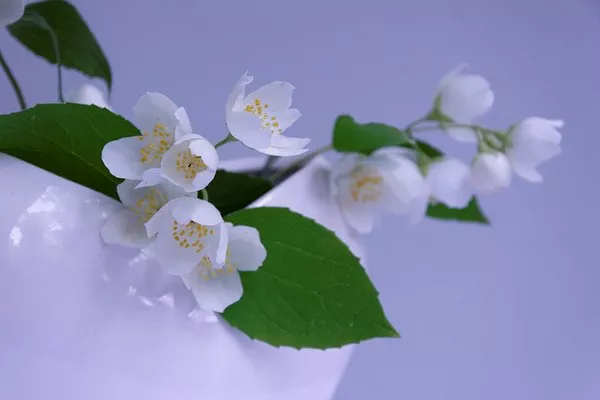Researchers from the María de Maetzu Unit of Excellence in the Department of Agronomy at the University of Cordoba have uncovered the potential of silicon in promoting plant growth, particularly by enhancing the absorption of vital nutrients such as potassium. As the agribusiness sector faces restrictions on certain agrochemicals, including fertilizers and pesticides, interest in alternative methods to fortify crops, like olive groves, has surged.
The study, detailed in the journal Scientia Horticulturae, centered around experiments with olive plants, comparing those grown with and without silicon. The objective was to scrutinize the impact of silicon’s presence or absence on plant development. While the absence of silicon did not hinder plant growth, its application was found to stimulate and enhance it significantly.
Plants treated with silicon through leaf applications exhibited longer stems and more branches. This observation led the research team to conclude that silicon, though not deemed essential for plant growth, acts as a beneficial element by stimulating nutrient absorption, particularly potassium.
María Benlloch González, Inmaculada Martos García, and Ricardo Fernández Escobar, researchers from the Arboriculture group in the Department of Agronomy, emphasized that the study’s findings represent a noteworthy stride in understanding the benefits of natural elements like silicon and their potential use as biostimulants in agriculture.
Silicon’s role extends beyond nutrient absorption, as it has been proven to activate mechanisms related to plants’ tolerance of specific stresses. The researchers suggest that these results bring us closer to more sustainable agricultural practices, reducing reliance on agrochemicals like fertilizers and pesticides.
In this groundbreaking study focused on olive groves, the DAUCO team employed Arbequina plants grown from seeds to ensure they were silicon-free. Utilizing a hydroponic system with PVC containers and plastic tubes, the researchers avoided glass to maintain a silicon-free medium. The seedlings were systematically grouped, receiving varying doses of silicon through weekly foliar applications.
The results were compelling, indicating that foliar applications of silicon ranging from 10 to 20 milligrams per liter significantly favored growth. The treated plants exhibited increased size, more shoots, and higher leaf stomata density. According to the research team, these positive effects are likely associated with an enhanced absorption of nutrients, particularly potassium, crucial for optimal plant growth.
As agriculture seeks sustainable solutions amid evolving challenges, the role of natural elements like silicon in enhancing plant growth and reducing dependence on traditional agrochemicals emerges as a promising avenue for future research and application.


